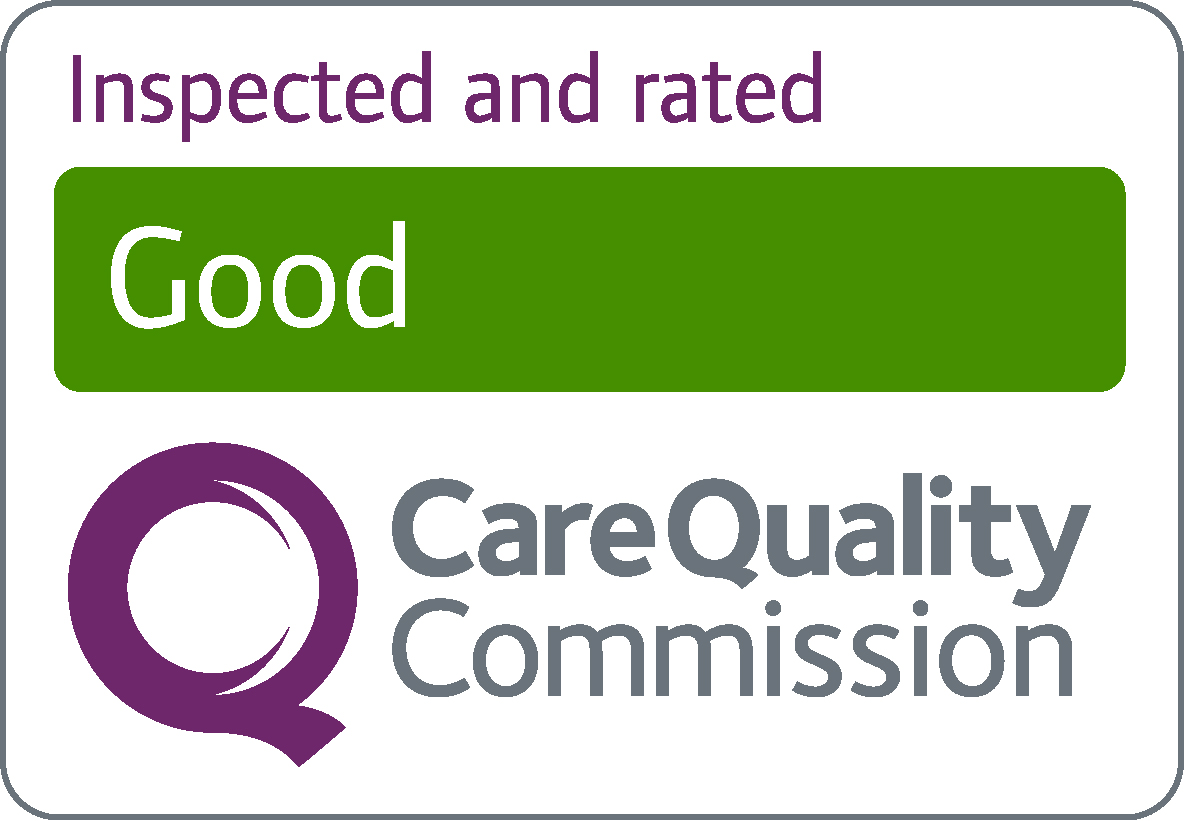September 19, 2025
Anaemia in Women: Menstrual Loss, Pregnancy Demands and Hormonal Influences
Iron deficiency anaemia is the most common form of anaemia, and it affects women in the UK more frequently than men. This is often due to monthly menstrual blood loss, increased iron demands during pregnancy, and hormonal changes from puberty through to menopause. At Chequers Health, we are committed to empowering women to understand their individual risk factors, recognise the early signs of breast cancer, and take prompt action with evidence-based care.
Superiority Female Risk Body Factors
Women go through several life stages that can affect ferritin and haemoglobin levels:
- Menstruation – Regular monthly bleeding can gradually deplete iron stores, especially in women with heavy periods.
- Pregnancy – Increased plasma volume, foetal bone development, and placental growth all require higher amounts of iron and vitamin B12 (cobalamin).
- Postpartum recovery – Significant blood loss during childbirth, combined with placental separation, can lead to iron deficiency, particularly when iron levels were already low before delivery.
- Menopausal transition – Ferritin levels may rise during perimenopause due to hormonal changes, but any cumulative iron deficit built up over the years of menstrual blood loss may still remain even after menopause.
Anemia and Menorrhagia
Menorrhagia (heavy menstrual bleeding) is a major cause of iron deficiency in premenopausal women. Excessive blood loss not only reduces overall haemoglobin levels but can also overwhelm the body’s ability to recycle iron from ageing red blood cells. This can lead to iron deficiency, often presenting as fatigue, pallor, and reduced exercise tolerance. Early recognition through ferritin testing and menstrual cycle tracking can support timely treatment with iron supplementation or, when appropriate, surgical management.
Common signs of heavy menstrual bleeding include:
- Needing to change a pad or tampon every one to two hours
- Passing large blood clots
- Periods lasting longer than seven days
If you experience any of these symptoms, your GP may recommend a full blood count and ferritin test to guide the next steps in your care.
Iron Requirements in this Case- Pregnancy
During pregnancy, a woman’s blood volume expands significantly, increasing the demand for iron to support both the developing fetus and the placenta. Insufficient iron at this stage can raise the risk of:
- Preterm delivery
- Low birth weight
- Postnatal depression in the mother
In the UK, antenatal care guidelines recommend checking haemoglobin levels through blood tests at the first appointment and again around week 28 of pregnancy.
Individual Testing and Replacing Every Ironway
For women seeking faster evaluation and treatment, private healthcare facilities can offer:
- Same-day testing for haemoglobin, ferritin, vitamin B12, and folate
- Oral iron supplementation
- Intravenous iron infusions for severe anaemia or cases diagnosed later in pregnancy
Chronic Treatment of Anaemia among Old Women
- After menopause anaemia may still occur due to chronic, inflammatory gastrointestinal or dietary causes
- Dietary intervention involving the introduction of sufficient iron, vitamin B12, and folate content and regular doctor visits will minimise the risk of new iron deficiency
Contact the doctor in the cases of experiencing
- Constant tiredness or loss of breath
- Frequent light headedness or close to fainting
- Pale skin or the extreme brittleness of nails
- Excessive or abnormally frequent vaginal bleeding, or bleeding from the gastrointestinal tract
Internal Links
Go to the following page:
Anemia of Iron: Causes, Symptoms and Treatment
Anemia during Pregnancy: Diagnosis, Safe Treatment
Diet to overcome Anaemia: Iron Rich Foods and 7 Day meal plan
Frequently Asked Questions on Anaemia in Women
In the United Kingdom, it is estimated that about a fifth of women of childbearing age suffers from low iron reserves.
Certain forms of hormonal contraception, such as the combined oral contraceptive pill and the hormonal intrauterine device (IUD), can reduce menstrual blood loss and thereby lower the risk of anaemia.
While less frequent, it can occur due to chronic medical conditions or gastrointestinal blood loss.
Moderate to severe cases may require iron therapy, while mild cases can often be managed through dietary changes.


